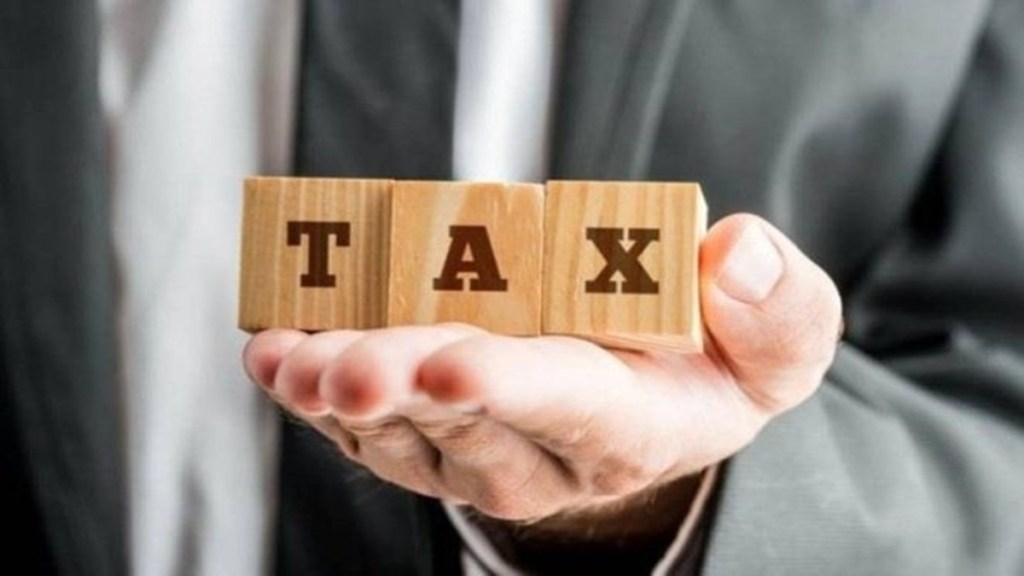By Prashant Vasisht
The petroleum ministry has written to the finance ministry seeking removal of windfall tax on crude oil as the global crude oil prices have declined substantially compared to 2022 when the tax was implemented. Prashant Vasisht explains why the cess has no relevance now
What is windfall tax? When is it imposed?
Windfall tax is the higher tax levied by the government on certain specific products in a specific industry when economic conditions allow above-average profits to be generated by these products.
Post the start of the Russia-Ukraine conflict, Brent crude oil prices spiked to about $135/barrel and remained above $100/barrel for several weeks. A few countries, including the US, banned Russian oil and gas imports, while some European nations decided to phase out Russian oil and oil products. This led to further spikes in crude prices and oil companies making significant profits. Recognising this, the government decided to impose a windfall gains tax. The tax, imposed on domestic crude oil production as well as exports of petrol, diesel, and jet fuel, thus was aimed at curbing unprecedented profits earned by oil companies and generating additional revenue for the government. An additional objective was to shore up domestic supplies as oil refiners were preferring to export than to meet the local requirements, given the spike in demand overseas.
On what products was the windfall tax imposed?
On July 1, 2022, the government imposed a special additional excise duty of Rs 23,250 per tonne of crude, (equivalent to ~$40/barrel) owing to elevated crude prices and the windfall gains made by the crude producers. Small producers, whose annual production of crude was less than 2 million barrels, were exempted from this cess. Besides this cess on crude, the government imposed special additional excise duty on exports of high-speed diesel (HSD) at Rs 13/litre, motor spirit (MS) at Rs 6/litre and on aviation turbine fuel (ATF) of Rs 6/litre on the oil refining companies.
This special additional excise duty is reviewed every fortnight based on the average prices of oil in the preceding two weeks.
Is there any sunset clause in this special cess?
Since the imposition, there have been more than 20 revisions in the cess, basis the movement in crude prices and crack spreads of HSD, MS and ATF. The government had raised the windfall tax on petroleum crude to Rs 7,000 per metric tonne from Rs 6,000 per tonne, effective July 16, 2024. However, in August as crude prices started falling, it also started slashing the windfall tax. By August 31, 2024, the cess on domestically produced crude oil was down to Rs 1,850 per tonne. It was further scrapped to Rs 0 per tonne, effective September 18. Windfall tax on export of diesel and ATF was retained at nil. However, there is no sunset clause specified, though this was to be a temporary cess to be phased out when crude and product prices ease to normal levels.
What was the impact on upstream and downstream companies?
The cess imposed on crude oil lowered the crude oil realisations of upstream industry to ~$70-75/barrel. Likewise for HSD, MS and ATF, it reduced the ex-refinery realisations. The margins and cash accruals of the industry were impacted; however, the capex plans were not adversely impacted as ex-SAED realisations were remunerative for undertaking capex. A removal of the windfall tax would benefit upstream companies such as state-owned ONGC and private players like Reliance as a high windfall tax affects their profitability and cash accruals. The two companies in partnership have recently bid for an oilfield exploration license.
While the government has been reducing the windfall tax in a graded manner in response to the fall in crude prices, oil companies, especially those involved in exploration, production, and refining, have found the fortnightly review and revision process cumbersome, as it adds to the uncertainty in an industry that requires heavy capital investment.
Is the government withdrawing the cess?
Even as global economic growth remains tepid, intensifying electrification and slowdown in China is leading to reduced demand for crude oil. Prices of crude oil have moderated to $70-75/barrel at which upstream companies would not be making the above-average profits. Additionally, the crack spreads of oil products have also declined owing to new refinery capacity additions amid weak demand. Accordingly, the government is considering withdrawal of the special additional excise duty on crude oil, HSD, MS and ATF. As the global crude oil prices have declined substantially compared to 2022 when the tax was implemented, there is no relevance of the tax now. An FE report last month had quoted Tarun Kapoor, advisor to the Prime Minister, as saying that the government is mulling scrapping windfall tax on crude oil. He had said that the petroleum ministry has sought removal of the tax and that the finance ministry will take a call on the same, noting that there is no relevance of the tax anymore.
The writer is senior vice president & co-group head – Corporate Ratings, ICRA
Disclaimer: Views expressed are personal and do not reflect the official position or policy of FinancialExpress.com. Reproducing this content without permission is prohibited.

